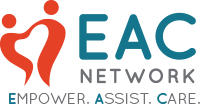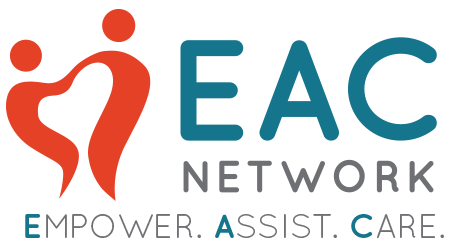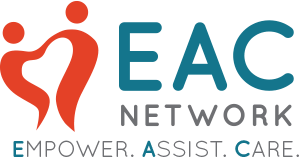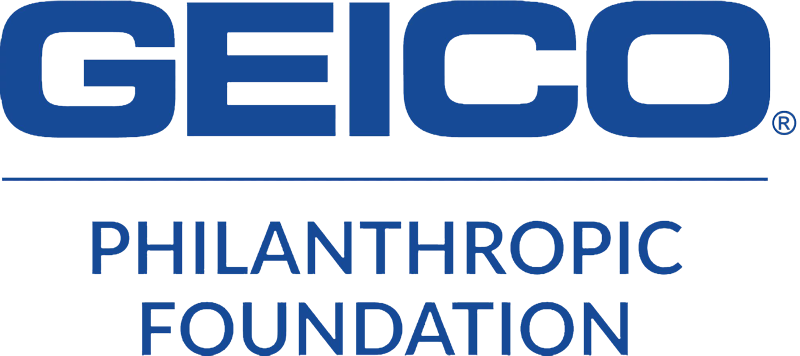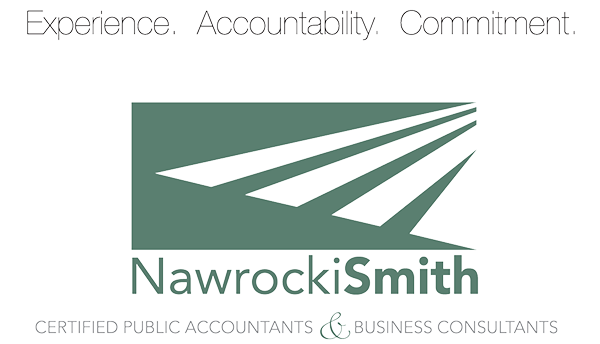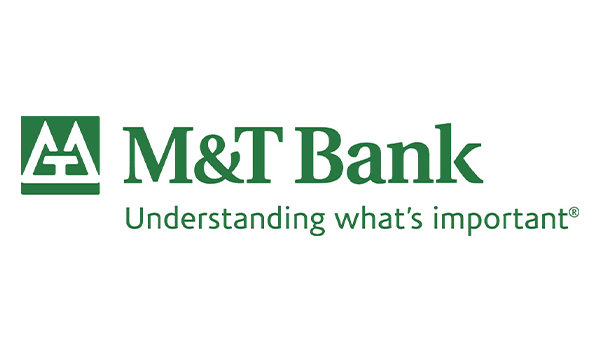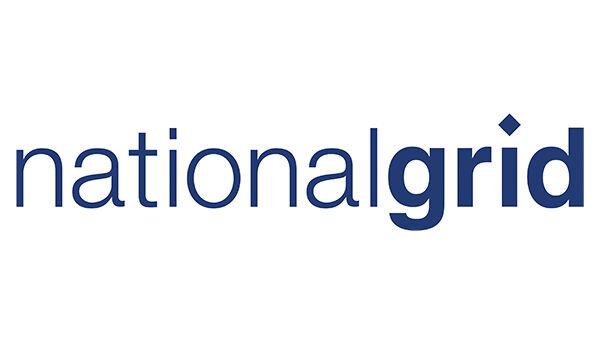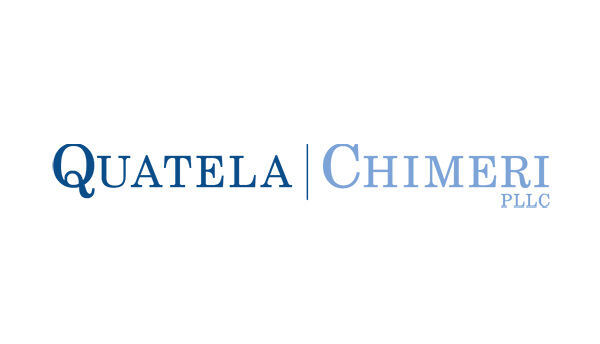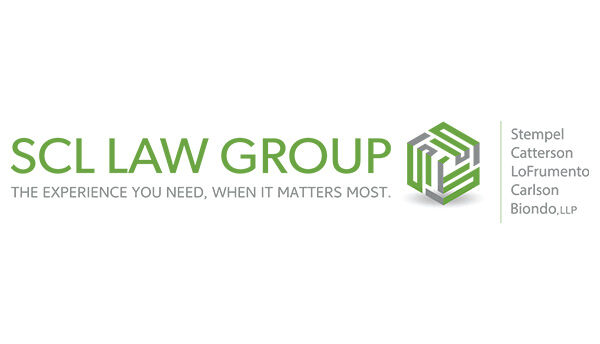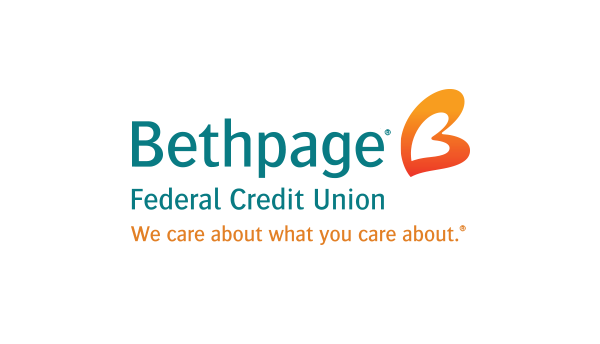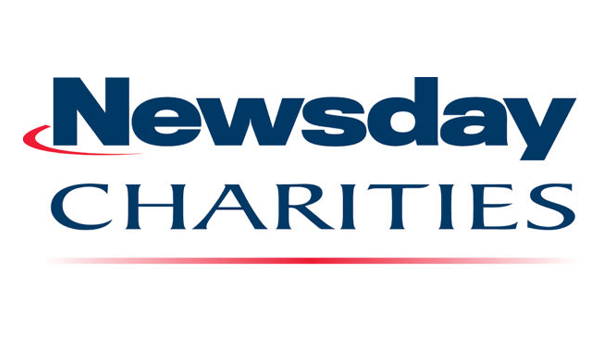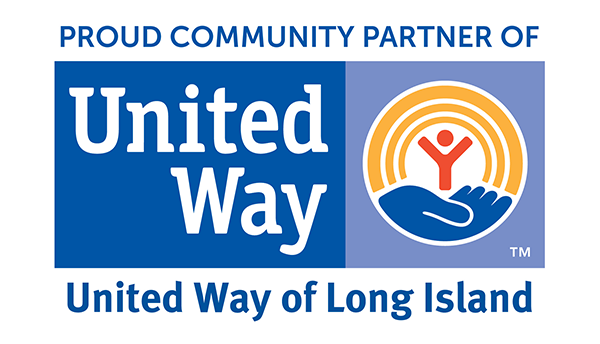RETURNING TO THE WORKFORCE PRESENTS A NEW SET OF CHALLENGES
 Research shows that an individual’s ability to successfully obtain, maintain, and reintegrate into the workplace is an important outcome indicator in the addiction recovery process. However, re-entering the workforce while or even after undergoing treatment for addiction can be overwhelming. It’s important to remember you’re not alone. There are many programs out there that can help you.
Research shows that an individual’s ability to successfully obtain, maintain, and reintegrate into the workplace is an important outcome indicator in the addiction recovery process. However, re-entering the workforce while or even after undergoing treatment for addiction can be overwhelming. It’s important to remember you’re not alone. There are many programs out there that can help you.
Here are four tips for getting back on your feet.
1. Stay Positive
This first tip may sound obvious, but if you see no results after applying to jobs or going on interviews for a period of time it can be hard not to feel discouraged. Don’t let yourself slip into a bad mentality. There are going to be setbacks in the recovery process, so don’t let this one affect your health. Do your best to stay energized and optimistic. You can do this.
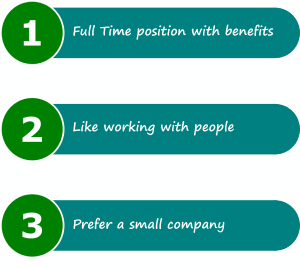
2. Find the Right Job for You
Financial restraints can make this tip difficult for some. However, if you can take your time to find the position that’s right for you, it will be most beneficial. Think about how you like to work. What environment do you prefer? Do you like working with your hands or prefer working in an office? Write down your preferences, passions, financial needs, skills, and education. If your addiction has certain triggers that need to be avoided or if you have anxiety in different situations, write those down, too. This will help you narrow down a job that you’ll enjoy and that will provide you with a comfortable income.

3. Seek Vocational Services
Many organizations offer programs that solely exist to help individuals recovering from substance abuse obtain and maintain employment. In fact, we have a Vocational Services program ourselves and know how helpful it is to have someone by your side throughout the job search. Vocational services provide assistance, counseling, and resources to ensure your chances for success. Bring the list from the above tip with you to the appointment with your counselor so they can help find the job that’s right for your needs.
4. Continue Treatment
This is important. It doesn’t matter if you’re in the beginning, middle, or end of your recovery. Make sure you have access to a treatment counselor. Looking for a job is stressful, and sometimes the job itself is stressful. Your treatment counselor can help you cope.
To learn more about our Vocational Services, click here.
If you or someone you know is in need of substance abuse treatment, contact our New Path Treatment Center by clicking here.
* * *
 Cassandra Huneke was the Development & Marketing Specialist at EAC Network. She graduated from Stony Brook University with a B.A. in English and is currently completing her Master’s Degree in Media Studies at The New School University in New York City.
Cassandra Huneke was the Development & Marketing Specialist at EAC Network. She graduated from Stony Brook University with a B.A. in English and is currently completing her Master’s Degree in Media Studies at The New School University in New York City.
